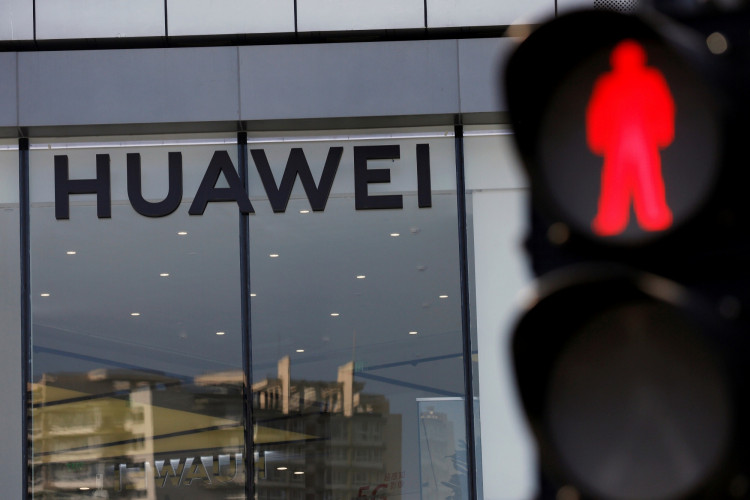After it had decided to push ahead with its plans to ban Chinese tech giant Huawei Technologies from its 5G network infrastructure development, the UK government has now sought the help of two Japanese firms to upgrade its telecommunications network. According to reports published on Sunday, UK officials are in talks with Japanese tech firms NEC Corp and Fujitsu Ltd, both of which are being considered as potential alternative suppliers.
The same reports claimed that British officials had flown to Tokyo to meet with their counterparts in order to discuss possible deals related to the country's 5G network development. The move is likely the UK's way of trying to reduce costs for its planned 5G rollout and to foster competition from other potential suppliers.
The visit comes after the UK had decided to ban Huawei from supplying its equipment and services. The ban is expected to take effect at the end of the year. The government had also mandated that all British telecom companies are to remove and replace all of their installed Huawei-made equipment by 2027.
Chinese officials have openly criticized the UK's decision, stating that choosing to ban Huawei will negatively affect the country's 5G dominance in the region. Officials have also stated that the decision simply underscores how government officials have chosen to prioritize the country's loyalty to the United States above the interest of its own people.
Prior to making the decision, UK lawmakers had received petitions from the country's telecommunications companies, with most stating that it would be impossible to completely remove all Huawei-made equipment within its previously allotted time-frame. Apart from costing them time and money, UK telecom companies have argued that there was no real merit in imposing an outright ban.
Experts have noted that seeking help from Japan is merely the UK's way of damage control, given the possible heavily political price it would have to pay for its action. Compared to major suppliers such as Huawei, both NEC and Fujitsu currently only control less than one percent of the global 5G equipment market. However, the Japanese government had stated that it would be investing up to 70 billion yen or roughly $654 million to support local 5G companies in the enhancement of their base station manufacturing capabilities.
British digital minister Oliver Dowden had even acknowledged that choosing to ban Huawei would set back the country's 5G network rollout and adoption by at least two to three years. UK officials had assured its citizens that the country will be working closely with its allies to help it secure alternative supplies. Officials had cited telecom equipment providers from countries such as South Korea, Japan, Finland, and Sweden.






